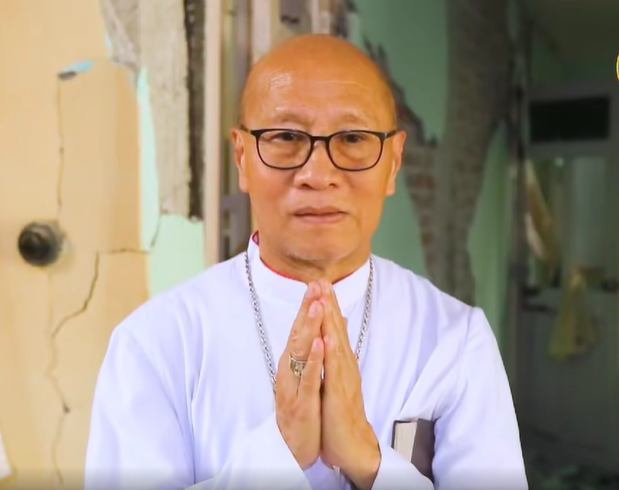Mosque construction sparks tensions in Daegu
Despite a court decision, some residents in the conservative city oppose the mosque; to prove their point, they held a “pork party” and someone placed a pig’s head in front of the building site. Previously, the arrival of Afghan and Yemeni refugees proved contentious as well. This side of the country conveys a very different image than the one propagated by K-pop.
Seoul (AsiaNews) – Behind the image of South Korea as a progressive and open society, popularised by Korean TV series and the K-pop music, lurks sometimes a much darker reality, at least for Muslim immigrants.
Recently, the construction of a mosque in the city of Daegu has been at the centre of a controversy pitting the local Muslim community and residents in the Daehyeong-dong district.
A few years ago, a group of Muslim university students began to use an empty house in the neighbourhood as a prayer hall, but in September 2020, due to the lack of space, they applied for and obtained permission from the local administration to renovate and enlarge the building.
A few months later, however, city authorities changed their minds under pressure from some residents who complained about the construction site.
The matter ended up in court and a district judge issued a ruling in favour of the Muslim students, demanding that the administration withdraw its order to halt the work.
At that point, some residents took matters into their own hands and, after losing the 2022 appeal, blocked access to the construction site with their cars and anti-Islamic banners.
For the past year, tensions in Daehyeong-dong have been running high; although most residents have actively supported the students’ religious freedom, an activist minority has continued to intimidate Muslims.
Last month, opponents to the mosque held a second “pork party” in two months, claiming that they are defending an essential element in Korean culture.
A few months earlier, a pig’s head was left in front of the building undergoing renovation.
Islamophobia and xenophobia appear to be deeply rooted, not only in Daegu, a very conservative city, but also across South Korea.
In Ulsan, a town in the country’s south-east, a group of parents last year protested at length against the presence of Afghan children in their local school; the latter and their parents had fled to South Korea after the Taliban came back to power in Kabul.
In 2018, the arrival of 500 Yemeni refugees on Jeju Island fleeing their country’s civil war raised the visibility of South Korea’s asylum policy after refugees were portrayed as a threat to South Korean society.
Although South Korea’s rapidly ageing population would make immigration all the more necessary to avoid the so-called demographic bomb, the coexistence of different cultures in the country is still very complicated.
12/02/2016 15:14
11/08/2017 20:05
14/04/2022 18:19







.png)










